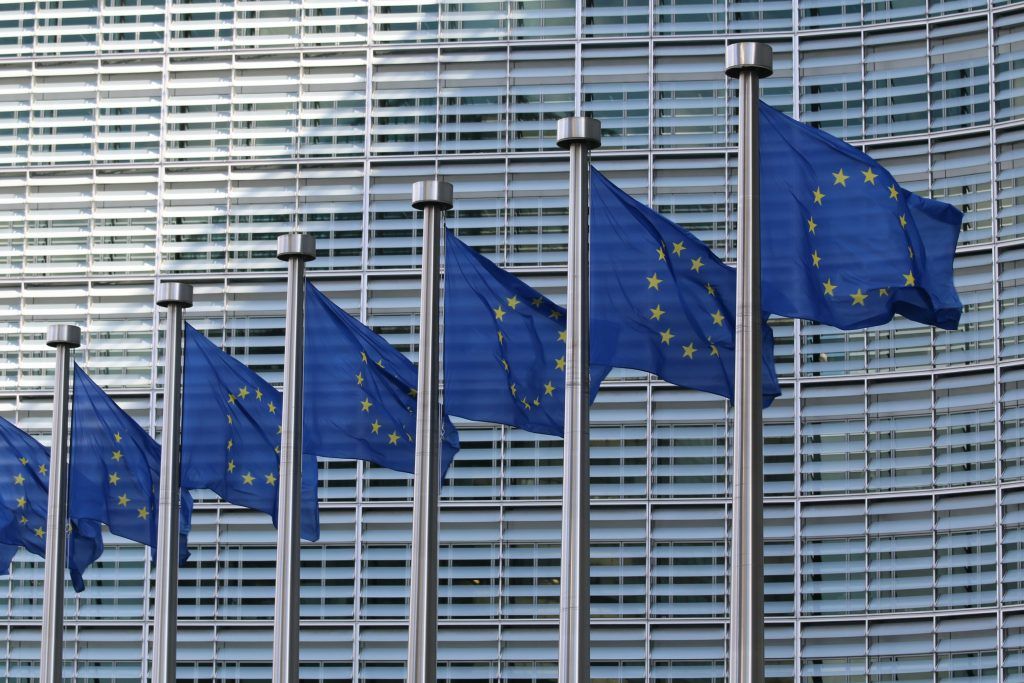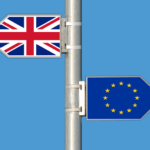On December 1, the European Commission has adopted several initiatives to digitalise EU justice systems, making them more accessible and effective. The overarching aim of the measures is to make digital communication channels the default channel in cross-border judicial cases, thus translating one of the priorities set out in last year’s Communication on the Digitalisation of Justice into action.
In the EU’s internal market today, many legal disputes between citizens and businesses take place across borders. Also, to fight cross-border crime more effectively, different Member States and judicial systems need to work hand in hand. Investigative authorities and courts of different Member States need to cooperate and support each other in the investigation and prosecution of crimes and exchange information and evidence securely and swiftly.
Věra Jourová, Vice-President for Values and Transparency, said: “Crime does not stop at a border; neither should justice. Today’s proposals will help prosecutors and judges to cooperate faster and more effectively. We must make the best use of digital technologies to provide judicial authorities, citizens and businesses with swift and secure means of exchange of information. This is key for easier and faster access to justice.”
Didier Reynders, Commissioner for Justice, said: “Effective and quality justice systems require effective tools. We already have many instruments to facilitate EU cross-border judicial cooperation. However, not all of them are up-to-date and we urgently need to modernise them. Justice systems also need to be more resilient to crises. Courts should be able to function in all circumstances. This is a principle of rule of law. Equipping justice systems with the appropriate tools can support this objective. Today, we are delivering on the Commission’s ambitions for creating a truly efficient and resilient European area of freedom, security and justice.”
Digitalisation of EU justice systems
The Commission has adopted the following initiatives today:
Digitalisation of cross-border judicial cooperation
The proposals on digitalisation of EU cross-border judicial cooperation and access to justice in civil, commercial and criminal matters will address two main problems: inefficiencies affecting cross-border judicial cooperation and barriers to access to justice in cross-border civil, commercial and criminal cases.
This Regulation will:
- Enable parties to communicate with competent authorities electronically or to initiate legal proceedings against a party from another Member States.
- Allow the use of videoconferencing in oral hearings in cross-border civil, commercial and criminal matters, which will result in speedier proceedings and less traveling.
- Ensure the possibility of digital transfer of requests, documents and data between national authorities and courts.
Shifting communications, which are still exclusively paper-based today, to the electronic channel would not only have a positive environmental impact, but it would also save time, as well as up to approximately €25 million per year across the entire EU in postage and paper costs.
Digital information exchange in terrorism cases
There will be two proposals to effectively fight terrorism and other forms of serious cross-border crime. Currently Member States send information on judicial cases related to terrorism to Eurojust via various, often unsecure channels, for example via emails or CD-ROMs. In addition, Eurojust has an outdated information system, which is not able to crosscheck information properly. The initiative’s objective is to modernise these practices.
The Regulation will:
- Digitalise the communication between Eurojust and the Member States’ authorities and provide secure communication channels.
- Enable Eurojust to effectively identify links between prior and ongoing cross-border terrorism cases and other forms of serious cross-border crimes.
- Based on the identification of such links, Member States will be able to coordinate their investigation measures and judicial responses.
Development of the JITs Collaboration Platform
This is a proposal for a establishing a collaboration platform for Joint Investigation Teams (JITs). These teams are set up for specific criminal investigations by two or more States. Although these teams have proven to be successful, practice shows that they face several technical difficulties. Exchanges are currently overly slow and burdensome. A dedicated IT platform would allow JITs to more easily share information and evidence and to more safely communicate with each other so that they can jointly manage their operations.







Leave a Reply